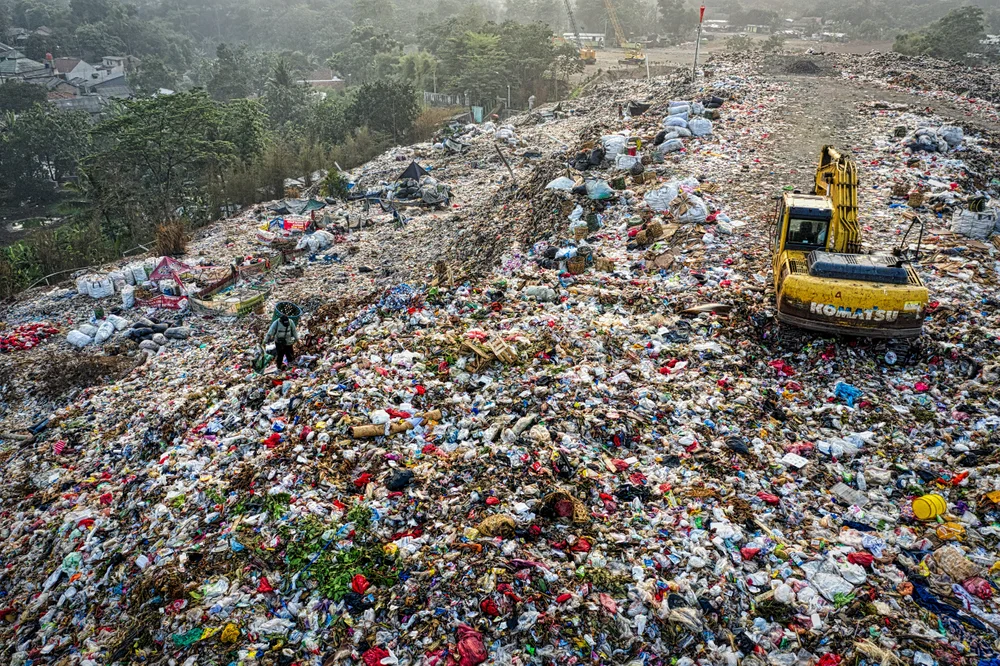It’s a hoax, stop your jokes,
Do you think I’m thick?
It’s April fools day, there’s no way,
I’m falling for this trick.
Do you think I’m thick?
It’s April fools day, there’s no way,
I’m falling for this trick.
Nobody likes to be pranked on this global day of practical jokes, even if it’s harmless. But according to a study conducted by the reputed market research and data analytics firm YouGov on behalf of recycling giant Veolia, 77% of the British retail and manufacturing businesses surveyed were unaware of the UK Plastic Packaging Tax 2022 that came into effect on the 1st of April. It’s no joking matter, but funny on a serious note!
According to the new law, British businesses that produce and/or import plastic packaging will have to pay a Plastic Packaging Tax of £200 per metric ton, unless it contains at least 30% recycled materials. This tax will cover plastic that is used anywhere in the supply chain, as well as the same designed for single-use by customers, and is expected to affect around 20,000 businesses.
Additionally, the law mandates the following:
– “Exempt businesses that manufacture or import less than 10 tonnes of plastic packaging in a 12-month period from the requirement to pay the tax. This will ensure the administrative burden and cost of collecting the tax are not disproportionate to the environmental harms the tax seeks to address
– Businesses above the de minimis threshold will need to provide evidence that their plastic packaging contains at least 30% recycled plastic or is exempt from the tax, and pay tax on any remaining plastic packaging based on its tonnage.
– Plastic packaging which is manufactured or imported to be exported directly to an overseas customer will not be subject to the tax.”
(Source: UK Government)
The UK uses 5 million tons of plastic annually, of which almost half is the packaging. According to the Department for Environment, Food and Rural Affairs (DEFRA), the UK currently recycles only 47.4% of its plastic packaging waste. Environmentalists that are calling this a half measure aren’t really wrong, are they?
Implemented to help the UK reach its ‘Net Zero’ emissions target by 2050, the PPT is a precursor to the Extended Producer Responsibility (EPR) framework that will be introduced in 2024 and become fully operational by 2027. EPR is an established policy tool that is used by many countries and encourages manufacturers to create products that are easy to recycle and re-use at their end of life. It works on the ‘Polluter Pays Principle’ whereby, the producers have to bear the full cost of recovery, should their materials enter the household waste stream.
British supermarkets used to provide free plastic bags at the tills, but that changed 2 years ago and customers now pay between 5 and 10 pence per bag. These bags still contain plastic, albeit less than before, and the cost has been passed onto the consumer. One can expect the same to happen with PPT-related costs in the short to medium term. A YouGov survey last year found a third of British consumers were happy to pay a premium for sustainable products and since we’re already paying for these plastic bags, why not officially switch to an alternative material like paper?
2 million plastic bags are used every minute, worldwide, for an average lifespan of only 15 minutes. More than 70 countries have fully or partially banned single-use plastic bags, thereby, making a huge dent in the plastic problem. With the PPT, corporations will likely continue producing cheap single-use plastic and make the customers pay for it. Alternatively, corporations should consider investing in other packaging materials and explaining this clearly to the customers. In the spirit of transparency and evolution, the consumers are most likely to pay this ‘innovation premium’. Smaller and newer businesses that enjoy a far greater degree of dexterity, should consider creating a plastic-free supply chain and even try different alternatives simultaneously and the government would be wise to incentivise such endeavours.
In the economics of plastic, the world ends up paying a lot more in the long run than it saves immediately. If a plastic product can be made using a material that is eco-friendly, scalable, and offers similar usability, then we should move now. The UN IPCC reports have made it pretty clear that it’s already too late for a ‘total cure’ and we need to brace ourselves for heatwaves, rising sea levels, mass displacement, and many more horrific eventualities. However, we can still survive as a race if we do the right things, at the right time and in the right measure. The new tax on plastic packaging is only the tip of the iceberg, and the iceberg is melting!









